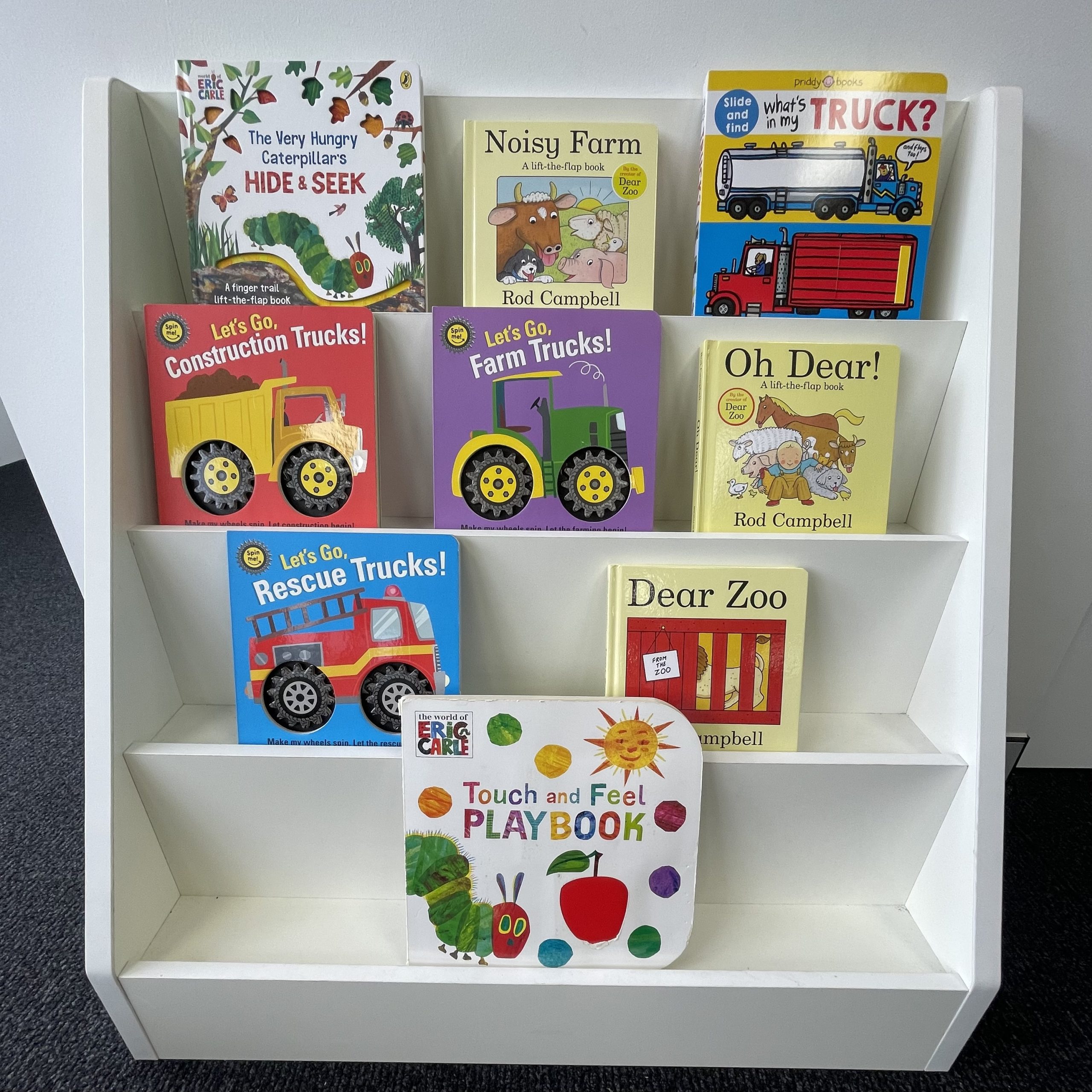
Vocabulary development for children is about learning new words and understanding their meanings. It’s a crucial part of growing up, helping children communicate and understand the world around them. Here’s how children develop their vocabulary:
Early Stages of Vocabulary Development
Babbling:
-
- Babies start by making sounds, like “ba-ba” or “da-da.”
- This babbling is the first step towards learning words.
First Words:
-
- Around their first birthday, many children say their first words, like “mama” or “dada.”
- These words are usually simple and related to people or objects they see every day.
Naming Objects:
-
- As they grow, children start naming objects, like “ball” or “dog.”
- They learn these words by hearing adults name things around them.
Two-Word Phrases:
-
- By age two, children often start putting two words together, like “more juice” or “big truck.”
- This helps them express more complex ideas.
Ways Children Learn New Words
Listening:
-
- Children learn a lot by listening to adults and older children talk.
- The more words they hear, the more words they learn.
Reading:
-
- Reading books to children introduces them to new words.
- Picture books are especially helpful because children can see the objects the words describe.
Playing:
-
- Playtime offers many opportunities to learn new words.
- For example, playing with a toy kitchen can teach words like “stir,” “bake,” and “pan.”
Everyday Conversations:
-
- Talking to children during daily activities helps build their vocabulary.
- Describing what you are doing, like “I’m washing the dishes,” introduces new words naturally.
Expanding Vocabulary
Asking Questions:
-
- Encouraging children to ask questions helps them learn new words.
- When they ask, “What’s that?” you can introduce new vocabulary.
Explaining New Words:
-
- When introducing a new word, it helps to explain what it means.
- For example, “A ‘giraffe’ is a tall animal with a long neck.”
Using Synonyms:
-
- Using different words that mean the same thing can expand vocabulary.
- For example, instead of always saying “happy,” you can also say “joyful” or “cheerful.”
Describing Things:
-
- Describing objects and actions in detail helps children learn more words.
- Instead of saying, “Look at the car,” you can say, “Look at the red car driving fast.”
Challenges in Vocabulary Development
Limited Exposure:
-
- Children who are not exposed to a rich language environment may have slower vocabulary growth.
- This is why it’s important to talk, read, and interact with children often.
Hearing Problems:
-
- Children with hearing issues might have trouble learning new words because they can’t hear them clearly.
- Early detection and intervention can help overcome this challenge.
Speech Delays:
-
- Some children might have speech delays, making it harder to learn and use new words.
- Speech therapy can assist in these cases.
Developmental Delays:
-
- Children with developmental delays are often later to talk
Autism:
-
- Children with autism are often later to talk and often have limited vocabularies
Importance of Vocabulary Development
Communication:
-
- A strong vocabulary helps children express their thoughts and feelings clearly.
- It also helps them understand what others are saying.
Academic Success:
-
- Vocabulary is a key part of learning to read and write.
- Children with a strong vocabulary are often better readers and do well in school.
Social Skills:
-
- Knowing more words helps children interact with others more effectively.
- They can join conversations and make friends more easily.
Understanding the World:
-
- A rich vocabulary helps children understand the world around them.
- It allows them to learn about new things and ask questions.
Conclusion
Vocabulary development is essential for children’s overall growth. It helps them communicate, succeed in school, and understand their surroundings. By listening, reading, playing, and talking, children learn new words every day. Encouraging curiosity and conversation will help them build a strong vocabulary, setting the foundation for lifelong learning and communication skills.
We’re here to support you
At OneOnOne Children’s Therapy, we believe that every child deserves the opportunity to grow and thrive.
Our clinics are not just a space for therapy – it’s a place where children can discover their strengths, overcome challenges, and reach their full potential.
By combining innovative therapy techniques with a stimulating and supportive environment, we’re proud to offer a holistic approach to paediatric therapy and early intervention that addresses the unique needs of each child we support.
Reach out for support
If you’re concerned about your child’s vocabulary development or want to learn more about how vocabulary skills can help your child, OneOnOne Children’s Therapy is here to help. We have clinics in Bondi Junction and Mascot – in Sydney’s Eastern suburbs.
Call us on (02) 80657837 or email to discuss how we can support your child’s unique journey.
